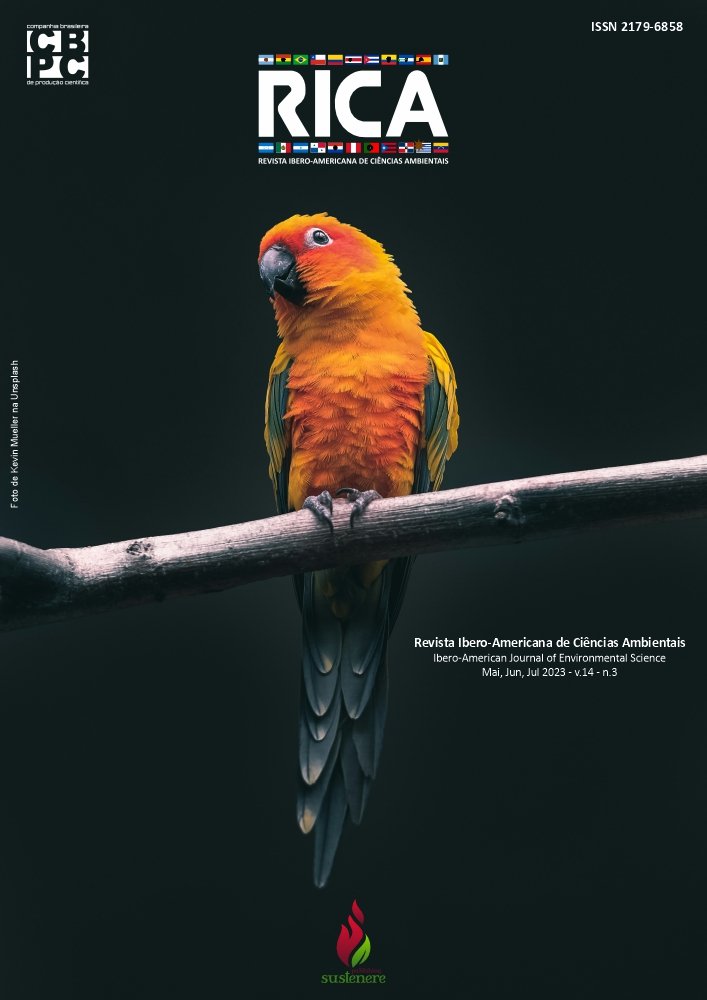The society-nature relationship in the area of environmental protection Combú Island, Belém, Pará, Brazil
DOI:
https://doi.org/10.6008/CBPC2179-6858.2023.003.0006Keywords:
Society-nature, Riverside, EstuaryAbstract
The society-nature relationship is inserted in a historical context where the existence and reproduction of the ways of life of human beings have always been directly linked to natural resources. Riverside communities modulate a society-nature relationship that passes through economic factors of each individual. The objective of this chapter is to analyze the relationship between society and nature in the Ilha do Combú Environmental Protection Area. The methodology applied was field research with interviews and application of semi-structured questionnaires. And for the analysis of the information collected whit the SWOT analysis (Strengths, Weaknesses, Opportunities and Threats). After 30 years of the first studies (1990s) it was found that the existing society-nature relationship on Combú Island still presents itself in a sustainable way, with regard to the use and commercialization of Non-Timber Forest Products (PFNM). However, in the 90s, families used the extractive economy only for their subsistence, and over the years there was an intensification of this extractivism, specifically of the açaí palm, due to the increase in the national and international market. This has made the riverside people currently dependent on this product, with the intensification of management, and the consequent loss of interest in the exploitation of other NTFPs, which were exploited in the 90's. damage to native species, and bring irreversible problems to the ecosystem, with a dangerous dependence on only two NTFPs (açaí and cocoa).
Downloads
Downloads
Published
Issue
Section
License
Copyright (c) 2023 Ibero-American Journal of Environmental Sciences

This work is licensed under a Creative Commons Attribution-NonCommercial-NoDerivatives 4.0 International License.
The CBPC - Companhia Brasileira de Produção Científica (Brazil CNPJ: 11.221.422/0001-03) the material rights of the published works. The rights relate to the publication of the work anywhere in the world, including rights to renewals, expansions and dissemination of the contribution, as well as other subsidiary rights. All electronically published works may subsequently be published in printed collections under the coordination of this company and / or its partners. The authors preserve the copyright, but are not allowed to publish the contribution in another medium, printed or digital, in Portuguese or in translation.









